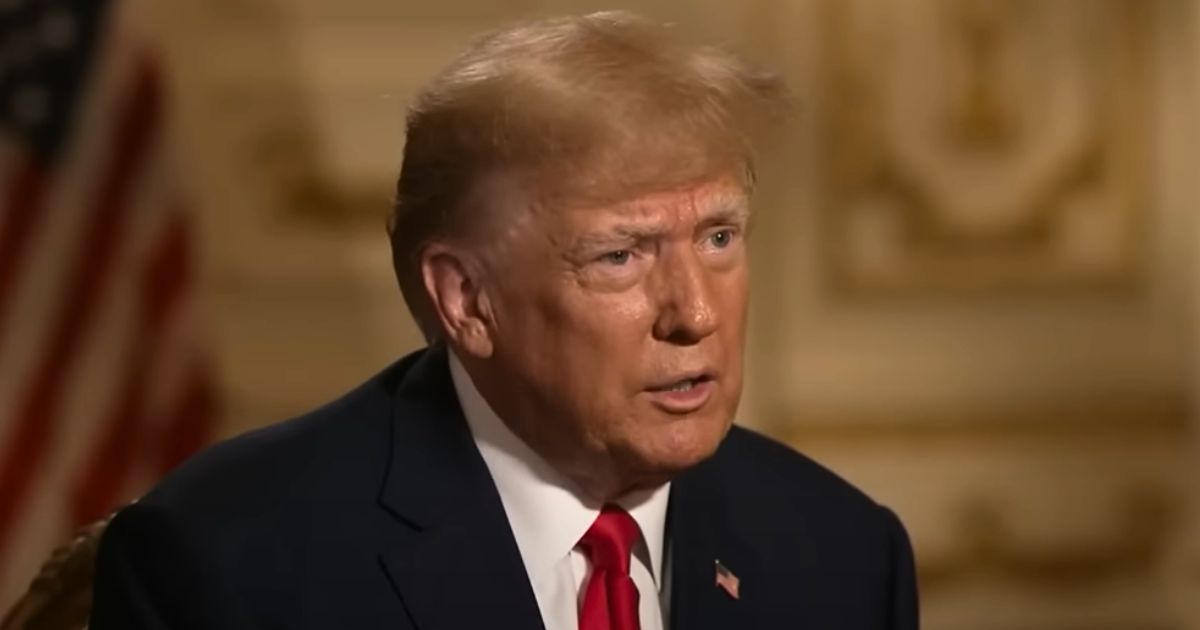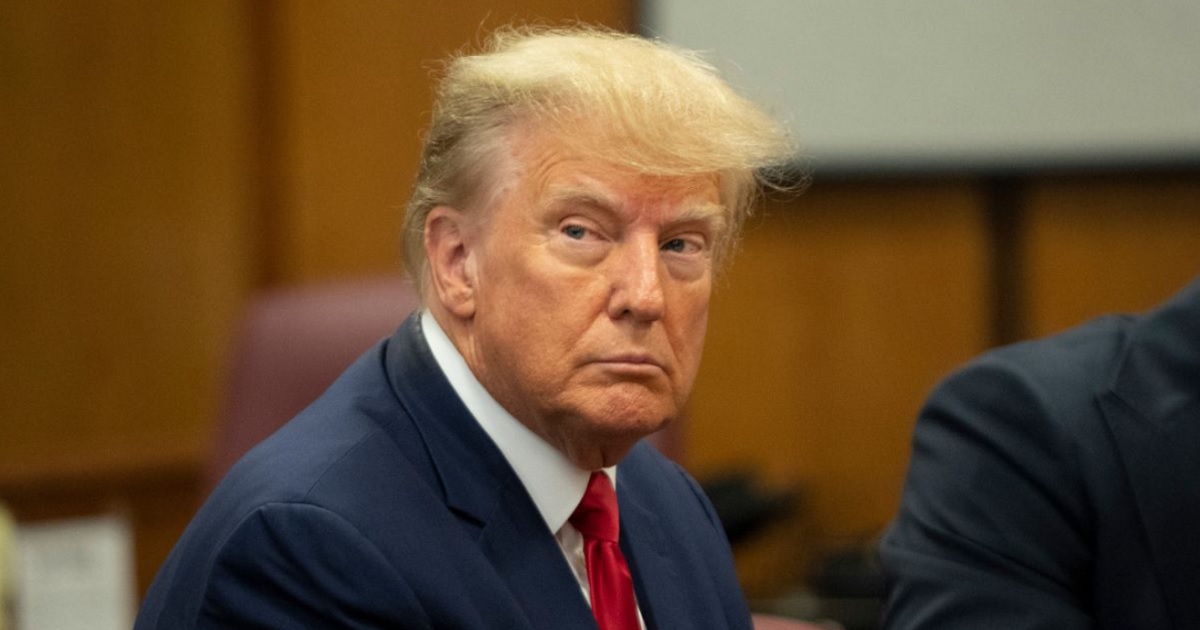Court orders return of man deported over alleged ties to MS-13
Court battles over President Donald Trump's aggressive immigration agenda are continuing apace, as evidenced by a ruling handed down on Friday.
A U.S. District Judge ruled that the Trump administration must bring back a deported Salvadoran national claimed to have links to the violent MS-13 gang, as the Daily Caller reports.
U.S. District Judge Paula Xinis, appointed to the bench by former President Barack Obama, issued a command compelling the Trump administration to repatriate Abrego Garcia.
An apparent administrative mistake led to Garcia’s wrongful deportation, despite substantial allegations of his deep involvement with the notorious MS-13 gang.
Officials from the Department of Homeland Security (DHS) argue that returning Garcia is unnecessary given the overwhelming evidence of his gang membership and leadership roles within MS-13, recognized as a foreign terrorist organization.
From unlawful entry to deportation
Garcia's ordeal began when he unlawfully entered the United States in 2011. By March, he was in custody, detained by ICE agents due to his alleged criminal associations.
In March 2019, allegations of Garcia's connections to the MS-13 gang emerged after he was arrested by local police near a Home Depot in Hyattsville, Maryland.
Despite his claims of not being affiliated with any gangs, ICE documented his ties based on reports from Prince George’s County Police and a confidential informant.
He received a judicial withholding of removal in October 2019, ensuring he would not be deported back to his homeland; however, this protection was overlooked, and he was deported on March 15.
Controversial detention in El Salvador
Following his deportation, Garcia was placed in the Terrorism Confinement Center (CECOT), a high-security mega-prison in El Salvador, specifically designed to detain significant terrorist figures.
“Why is he there, of all places?” questioned Judge Xinis, highlighting the severity of where Garcia ended up post-deportation.
This detail raised concerns over the handling and location of detainees suspected of severe crimes such as gang affiliations and human trafficking -- a point underlined by DHS Assistant Secretary Tricia McLaughlin.
She said, “The individual in question is a member of the brutal MS-13 gang -- we have intelligence reports that he is involved in human trafficking.”
Political, legal battles heat up
The White House, standing by the deportation decision, with Press Secretary Karoline Leavitt insisting, “Fact number two, we also have credible evidence that this individual was involved in human trafficking.”
This perspective supports the administration's stance on keeping Garcia detained irrespective of his location. “Whether he is in El Salvador or a detention facility in the U.S., he should be locked up,” added McLaughlin.
Nevertheless, the Trump administration opposes the judge’s decision, arguing that since Garcia has been returned to El Salvador, U.S. courts no longer hold jurisdiction over his case.
This stance follows a pattern where other federal judges have repeatedly blocked attempts by the Trump administration to deport individuals tied to gang affiliations or perceived terror sympathies, signaling ongoing tensions between judicial authority and executive immigration policies.
As the debate continues, Garcia’s future remains uncertain, caught between international jurisdictions, administrative oversights, and his alleged ties to one of the world’s most feared criminal organizations.





